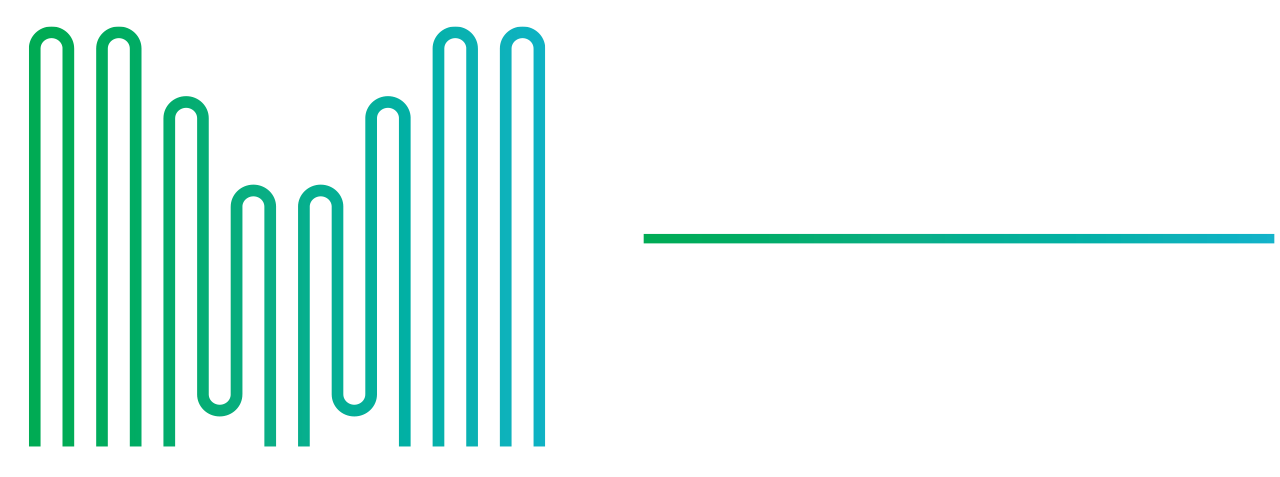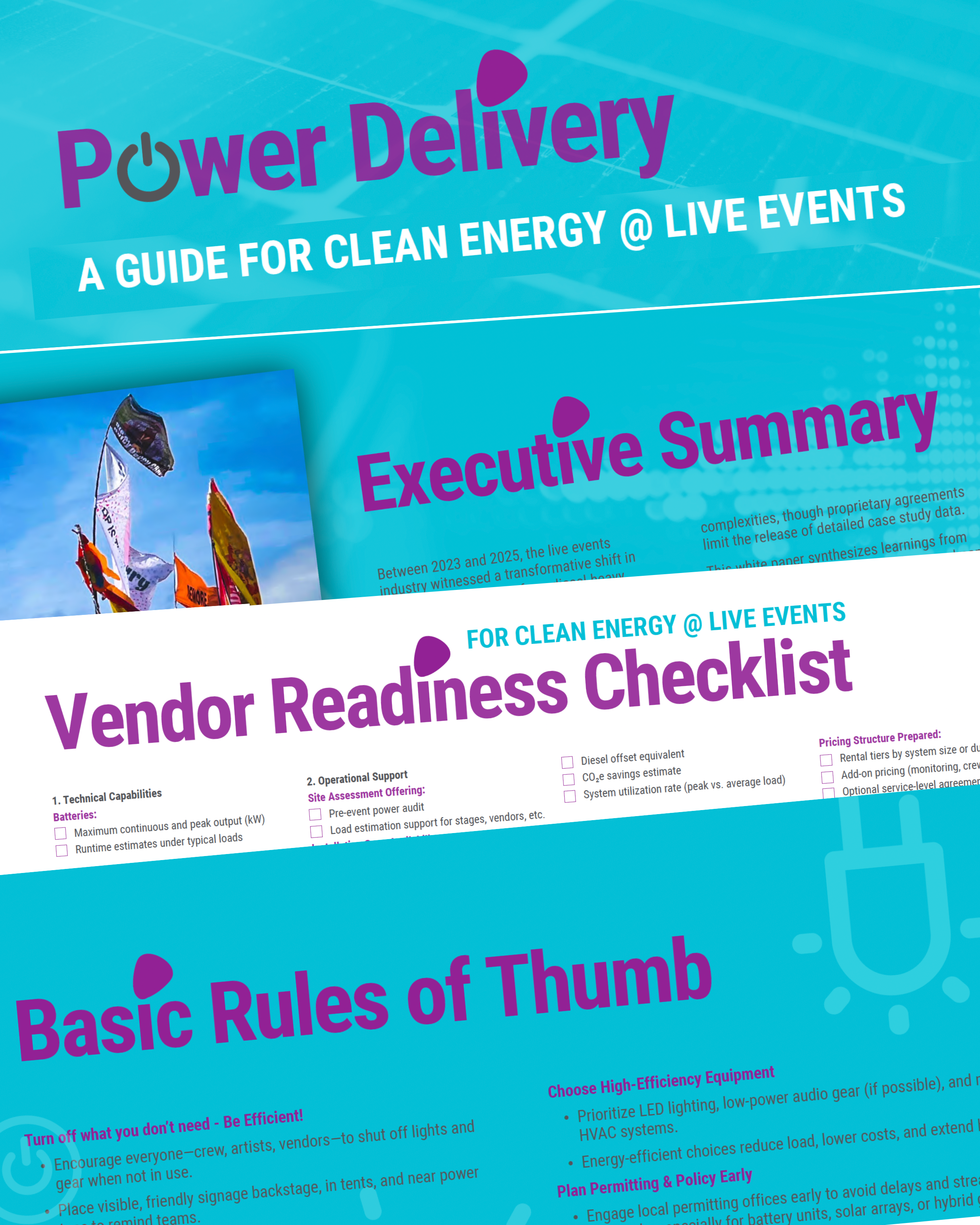
Working Groups
Guides
Renewable Energy & Power Solutions, Power Delivery — A Guide for Clean Energy at Live Events, provides practical strategies for integrating renewable energy into festivals and tours as the industry transitions away from fossil fuels.
Waste Management & Circular Economy focused on reducing the different types of waste (food, single-use plastic, e-waste, etc.) produced by the music industry. They examined sustainable waste management practices, promoted recycling and reuse, and implemented circular economy initiatives. A guide focused on reducing food waste across the music industry, with publication expected in early 2026.
Groups
Structure
► Working groups are formed around specific sustainability focus areas.
► Composed of 10-20 people, including subject matter experts and stakeholders committed to sustainable development and practices.
► Supported administratively by the MSA to ensure efficient operation.
Work Product
Each working group will determine a timeline and will produce a distinct set of work products, including but not limited to:
► Sustainability Guidelines: Tailored best practices for different sectors within the music industry.
► Case Studies: Documented instances of successful sustainable initiatives.
► Resource Toolkits: Practical tools and resources to aid the adoption of sustainability measures.
Evidence-Based Focus
Working groups emphasize an evidence-based approach to recommendations:
► Utilizing data and research to inform strategies.
► Integrating scientific findings with industry expertise.
► Validating recommendations through real-world case analysis and pilot testing.




